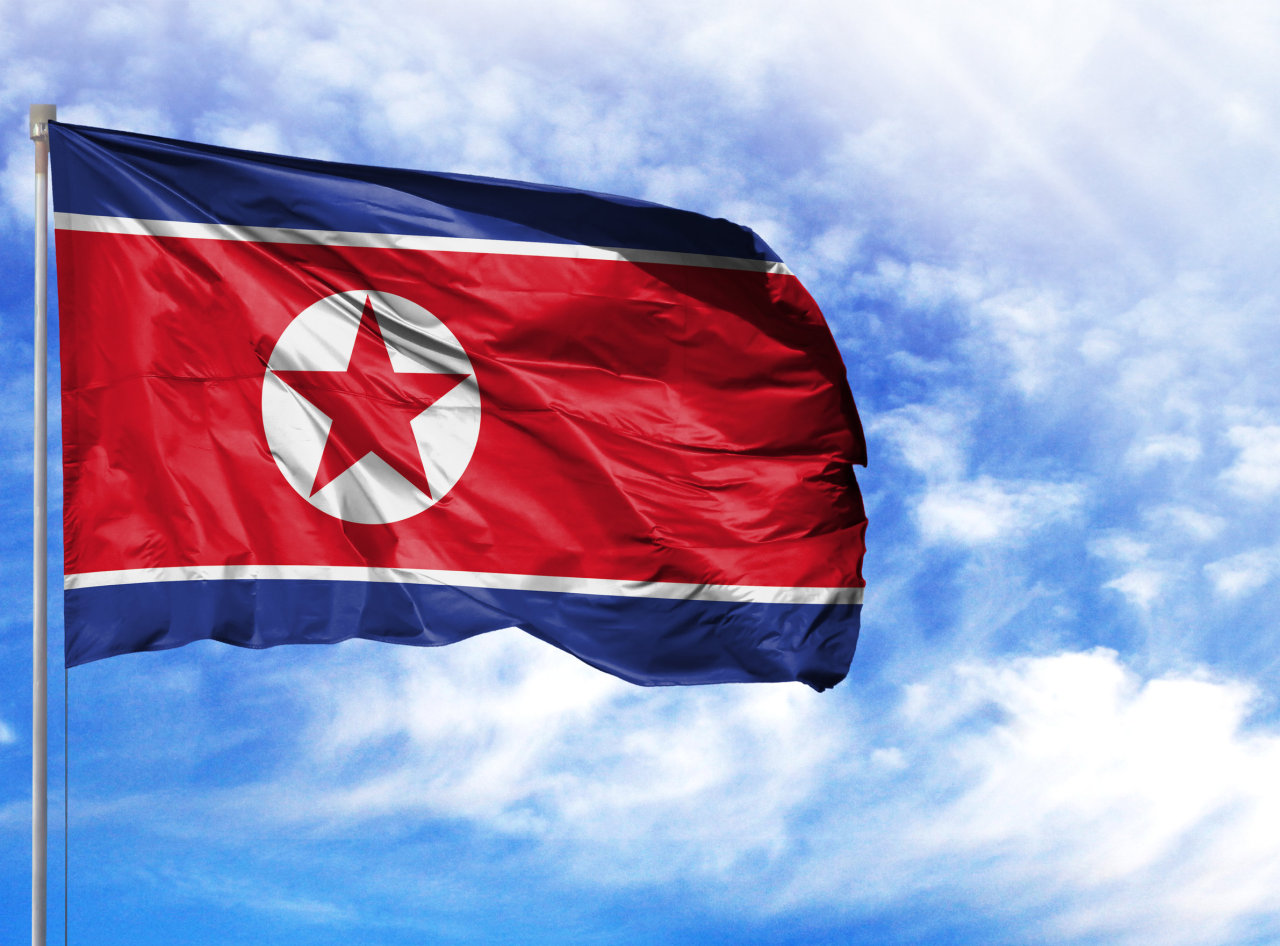North Korea has been advancing its nuclear and missile capabilities over the past decades, and time is running out to prevent the country from becoming a full-fledged nuclear state, experts said Thursday.
Pointing out that past South Korean and US administrations had failed to dismantle the regime’s nuclear program, experts attending a Korea Institute for National Unification seminar called for “creative solutions.”
“One of the reasons why North Korea’s nuclear program has endured could be because the US has viewed the issue as a controllable risk and didn’t give it full attention,” said Koh Yu-hwan, president of the state-funded think tank KINU.
“The North Korean nuclear issue is becoming an uncontrollable threat.”
He noted that the North continued to expand its nuclear arsenal after the collapse of the Hanoi Summit in 2019 between then-US President Donald Trump and North Korean leader Kim Jong-un.
“If we don’t resume the nuclear talks and let the time drag on further, we are ultimately turning a blind eye and enabling North Korea to become a de facto nuclear state,” said Koh. “We are at a crossroads of whether we will accept the North as a nuclear state or restart the peace process.”
If negotiations with North Korea don’t happen in the initial period of the Biden administration, he said, it will be difficult to salvage nuclear diplomacy.
Ken Gause, director of the adversary analytics program at the US research organization CNA, said early indications show that the Joe Biden administration will move away from the high-stakes, transactional diplomacy of the Trump era and toward a strategy of coercion -- similar to former President Barack Obama’s “strategic patience.”
But traditional US foreign policy tools such as “coercive diplomacy” have limited impact in asymmetrical conflicts like the one with North Korea, he said.
“The North Korean engagement cannot be conducted as a black-and-white issue, a zero-sum game. It must be reexamined, incorporated as part of a larger regional strategy by the great power competition.”
The scholar suggested integrating North Korea’s denuclearization into a larger US strategy for Asia that focuses on managing the rise of China, rather than pursuing denuclearization as an independent goal in itself. This would add flexibility to US dealings in Asia and take North Korea off the table as a potential wedge issue that China could use to distract the alliance, he added.
Gause suggested the US should drop denuclearization as the single objective of the US strategy toward North Korea.
Instead, he said, the US should adopt a “reciprocal, phased strategy” centered on implementing a peace regime on the Korean Peninsula, with a clause allowing for the reimposition of sanctions if the North failed to comply with its promises.
“The initial phase should seek a freeze of North Korea’s nuclear program, in return for limited sanctions relief, tied to a snapback provision if North Korea violates these three demands: one, no provocation, two, no testing and three, no proliferation.”
After these measures were in place for a reasonable time, the two sides could then pursue initial steps toward denuclearization, coupled with a strategy of corresponding and reciprocal concessions and confidence-building measures on both sides, Gause said.
“Security guarantees and economic incentives, including the end of the Korean War declaration and sanctions relief, can come from the US and the international community, which will keep North Korea invested in the process over a long term,” he said.
Ankit Panda, a senior fellow at the US-based Carnegie Endowment for International Peace, echoed a similar stance supporting the snapback mechanism. He then called for a “cooperative approach” to denuclearization, where Washington and Pyongyang would work out a road map together, rather than the US unilaterally presenting its version of denuclearization steps.
This is because the US does not have “leverage” at this point to tell the North Koreans what exactly they would get for the concessions they would like to see, he said.
By Ahn Sung-mi (
sahn@heraldcorp.com)






![[Out of the Shadows] Seoul room clubs offer drugs to compete for clientele](http://res.heraldm.com/phpwas/restmb_idxmake.php?idx=644&simg=/content/image/2024/11/05/20241105050566_0.jpg)

